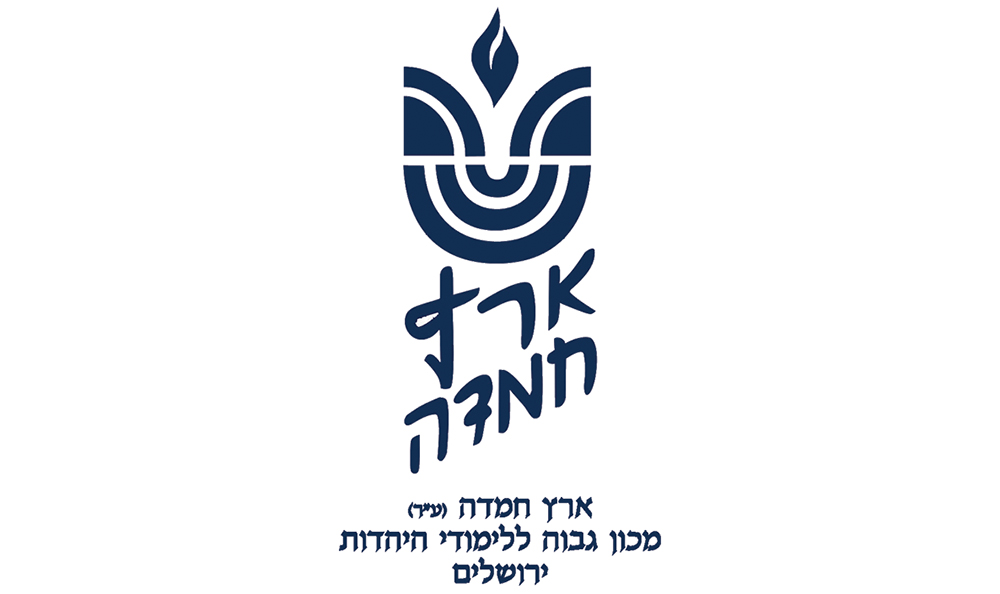
לעילוי נשמת
יואל אפרים בן אברהם עוזיאל זלצמן ז”ל
Question: Some time back, I stole $15,000 from my father, and now I feel terrible about it and want to return it. However, I am embarrassed and afraid to return the money to his face because he may never forgive me. Is it okay to find a way to return the money without him knowing what happened? (I do not think he knows the money was stolen.)
Answer: It is good that you not only regret what you did but want to make amends properly. Given that there are many unknown pertinent factors (to us and even to you), we will provide general rules and ideas. You can decide yourself or ask us or others for further advice.
The Gemara (Bava Kama 118a-b) brings opinions and distinctions on the level of awareness the victim needs for the return to remove the thief’s culpability. We now present the Shulchan Aruch’s (Choshen Mishpat 355:1) summary regarding inanimate objects, which we will call money. If the victim knew money was stolen, he must become aware it was returned, although the realization need not come at the time of return. If the victim was unaware the money was stolen, it is enough to return it to his possession without any knowledge (but in a way that he will get to use it).
There are different opinions whether the victim’s knowledge of the theft means that he saw the thief taking it (Rashba, Bava Kama ibid., who says he then has to remove the victim’s grievance) or just that he became aware (Raavad, ibid.). The Shulchan Aruch’s language implies that general knowledge suffices. However, it is unclear how to view a case when one notices he cannot find money but considers many possibilities—it was stolen; it was lost; he misremembered how much there was; or it will show up soon. In your case, you are unsure what your father knows/suspects. It is at least proper, if not required, for your father to become aware that he has more money at his disposal than he thought he had prior to the return, and this would fulfill your basic obligation.
Let us now put things in a broader moral perspective. A main discussion in the halachic sources is on whether if the questionably returned object gets lost, the thief is still obligated. This is likely linked to when one fulfills the positive mitzvah to return the stolen object (Vayikra 5:23), which significantly weakens the theft’s stain and consequences (see Makkot 16a). Indeed, one cannot get atonement for the repenting of sins between man and man without rectifying the wrong to the extent possible, e.g., by returning what was stolen (Rambam, Teshuva 2:9). One must also appease a victim over the hurt (practical and/or emotional) caused by the sin (ibid.). Regarding theft, if one takes something and returns it five minutes later without the owner’s knowledge, there is no hurt. If someone has $15,000 stolen for years, he might have lost opportunities when it was needed, and/or spent unpleasant time looking for it and worrying and/or have been upset wondering if someone stole it, who and why, etc. Therefore, it behooves the thief to ask explicitly for forgiveness.
However, we accept Rav Yisrael Salanter’s premise (see Living the Halachic Process I, H-5) that an atonement seeker must not cause the victim additional pain in the process. On the one hand, $15,000 in cash just appearing could raise confusion, suspicions and, sometimes, technical problems. It might work to “admit it anonymously” (e.g., by hiring a lawyer to give the money without divulging your identity; sending an anonymous email on where to find the money) along with a heartfelt request for forgiveness. Hiding your identity—even due to embarrassment—is justifiable, especially if it makes it more likely for you to act promptly (see Gittin 55a; Shulchan Aruch Harav, Choshen Mishpat, Gezeila 8). Considering how much upset knowing that any confidante robbed him will cause and whether he will suspect someone else, other alternatives may be better. (Giving extra tzedaka is anyway recommended.) B’hatzlacha in choosing the best way to rectify your stumble; hopefully your father’s nachas from you will bring great rectification.
Rabbi Mann is a dayan for Eretz Hemdah and a staff member of Yeshiva University’s Gruss Kollel in Israel. He is a senior member of the Eretz Hemdah responder staff, editor of Hemdat Yamim and the author of “Living the Halachic Process, Volumes 1 and 2” and “A Glimpse of Greatness.”








